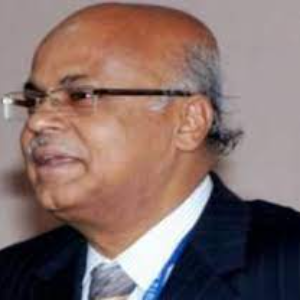Title : Wireless Self-Organizing Networks and Trust Management System
Abstract:
Ad hoc networks are autonomous systems which comprise a collection of mobile nodes that use wireless transmission for communication. They are self-organized , self-configured , and self-controlled infrastructure-less networks. In the last few years , mobile ad hoc networks (MANET) and wireless sensor networks(WSN) have seen increased adaption in a variety of disciplines because they can be deployed with simple infrastructures and virtually no central administration. This type of network can be set up or deployed anywhere and anytime because it poses very simple infrastructure setup and no or minimal central administration. In particular , the development of MANET and WSN provides tremendous opportunities in areas including disaster recovery , defense , health care, researchers , students, and industrial environments. A self-organizing network is a network that can automatically extend, change, configure and optimize its topology, coverage, capacity, cell size, and channel allocation, based on changes in location, traffic pattern, interference, and the situation or environment. Each node in these networks acts as transreceiver and communicates via hops when some nodes are out of coverage area. Due to high mobility the topology of the networks changes dynamically, thus making routing very challenging. Only sender, intends that receiver should “understand” message contents. But because of universal electronic connectivity electronic eavesdropping , viruses, hackers and electronic fraud can threaten thereby putting special importance on security. However because of proper attention on the area of network security there is significant development of practical , available applications to enforce network security. In MANETs and WSNs, nodes may exhibit various types of misbehavior. Node’s misbehavior may be categorized into two broad types: Malicious behavior? intention is to attack and damage the network, Selfish behavior? intention is to save power, memory and CPU cycle. A malicious node delays packet forwarding to ensure that time-to-live (TTL) of the packets are expired so that the packets do not reach the destination. In order to prevent various attacks, which WSNs and MANET suffers, the possible solutions can be adapted. Trust tells the degree of reliability of other node in performing actions. It can be evaluated by maintaining a record of the transactions with other nodes directly as well as indirectly.


